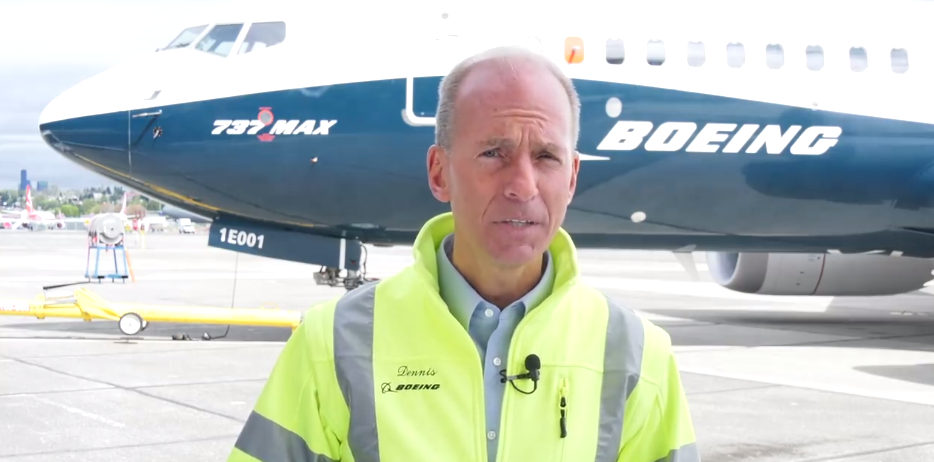On April 16 FAA posted a draft report from the Boeing 737 MAX Flight Standardization Board (FSB). The FSB only reviewed the training related to software enhancements to the aircraft. The report is open to public comment for 14 days. After that, the FAA will review those comments before making a final assessment. “Boeing Co. is still expected in the coming weeks to submit the final software package for certification,” according to a statement released by the FAA. The draft report can be seen here.
Meanwhile, Boeing’s MCAS software update is said to provide additional layers of protection if the AOA sensors provide erroneous data. The company says the software was put through hundreds of hours of analysis, laboratory testing, verification in a simulator and two test flights, including an in-flight certification tests with Federal Aviation Administration (FAA) representatives on board as observers.
According to the company, the additional layers of protection include:
- Flight control system will now compare inputs from both AOA sensors. If the sensors disagree by 5.5 degrees or more with the flaps retracted, MCAS will not activate. An indicator on the flight deck display will alert the pilots.
- If MCAS is activated in non-normal conditions, it will only provide one input for each elevated AOA event. There are no known or envisioned failure conditions where MCAS will provide multiple inputs.
- MCAS can never command more stabilizer input than can be counteracted by the flight crew pulling back on the column. The pilots will continue to always have the ability to override MCAS and manually control the airplane.
These updates reduce the crew’s workload in non-normal flight situations and prevent erroneous data from causing MCAS activation.
“We continue to work with the FAA and other regulatory agencies on the certification of the software update,” a Boeing statement says.
“120 flights 203 hours of air time with the updated MCAS software. We are making steady progress toward certification. Yesterday, we completed the official engineering flight test for the updated software with our technical and engineering leaders onboard the airplane. That was the final test flight prior to the certification flight,” Muilenburg said in the video statement released by Boeing. Muilenburg said he participated in a demonstration flight and saw the software in its final form operating as designed operating across a range of flight conditions. The video statement also says more than 85 percent of B737 MAX operators have now experienced the software update via simulator sessions.
